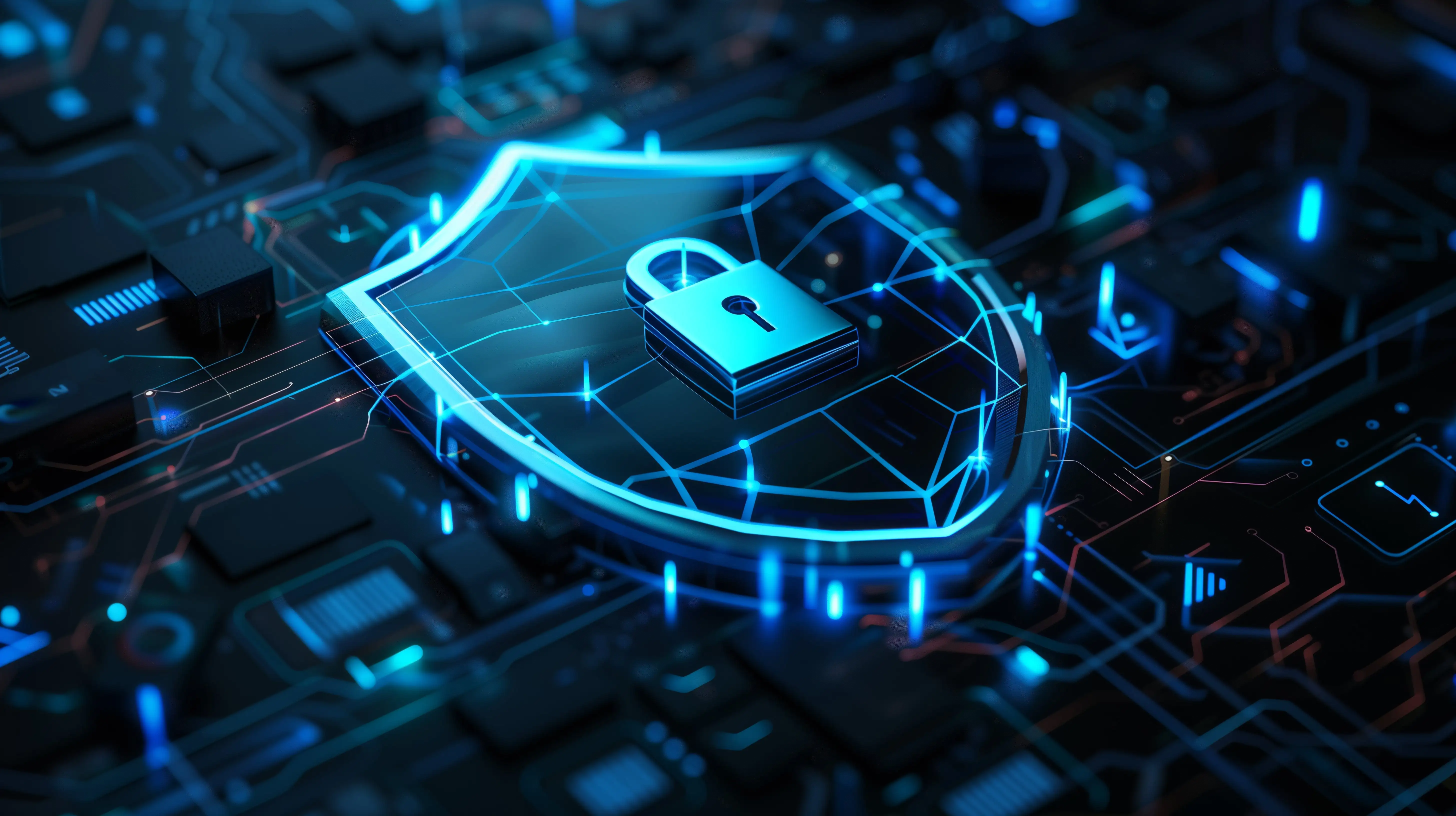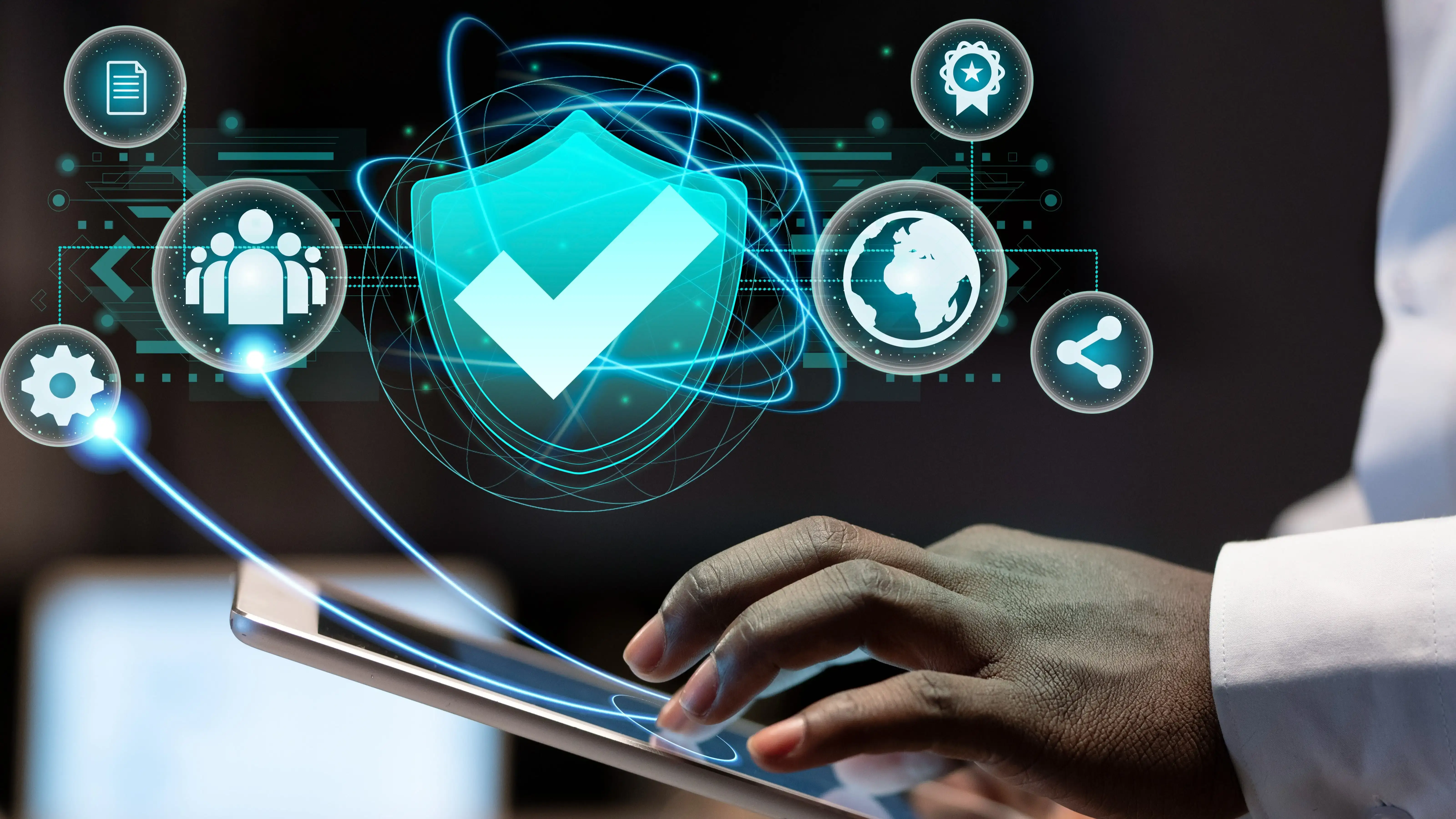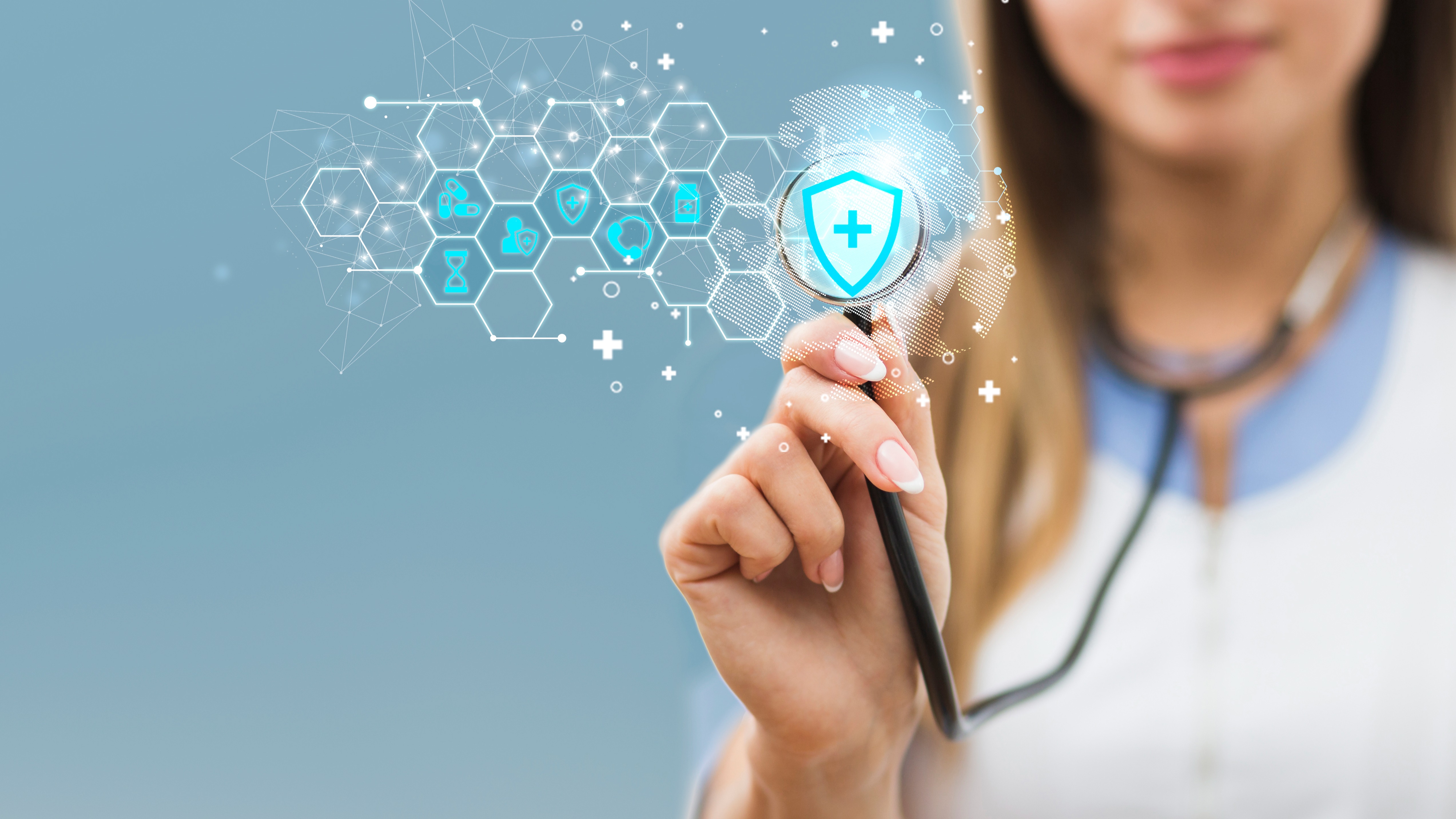Introduction: Ensuring Healthcare in a Digital-First World
The healthcare sector is changing dramatically with the growth of digital infrastructures, electronic health records, telemedicine, and cloud-based storage. Though these developments bring efficiency and enhanced patient care, they also risk exposing sensitive patient information to a growing number of cyber attacks.
Maintaining healthcare data security is now a priority for healthcare providers globally. The foundation of advanced cybersecurity measures is encryption in healthcare, an essential tool that safeguards patient health information against unauthorized access, breaches, and cyberattacks.
Why Encryption is the Backbone of Healthcare Data Security
Medical care organizations manage volumes of sensitive information every day — from diagnostic and medical histories and results to billing and insurance records. The value of health data security is unquestioned, particularly amidst a backdrop wherein cybercriminals have no hesitation about seeking out medical centers for their attention because they recognize the richness of patient details.
Healthcare data encryption is an effective protection measure. It converts readable information into encoded versions, such that even if there are attacks by hackers in the system, they are not able to interpret the data without a suitable decryption key.
This is exactly why encryption matters — it puts an impenetrable layer of protection to safeguard sensitive information both at rest (stored information) and in transit (transmitting data).
How Encryption Protects Patient Health Data
Encryption algorithms use intricate mathematical equations to transform sensitive health data into unintelligible code. Only permitted individuals with the proper encryption keys may decode and view this data.
There are several techniques of encrypted healthcare used in the sector:
- Symmetric Encryption (single key for decryption and encryption)
- Asymmetric Encryption (public and private key sets)
- End-to-end encryption for safe communication
- Hashing for verification of data integrity
These encryption mechanisms are crucial in medical data security, keeping patient health records confidential and tamper-free.
Why is Data Encryption Important in Healthcare Cybersecurity?
The healthcare industry is one of the highest-risk sectors to be targeted by cyberattacks. Data breaches have the potential to cause severe losses such as identity theft, loss of money, damage to reputation, and compliance fines.
This emphasizes why data encryption is important in healthcare organizations, because encryption ensures:
- Protection of Patient Privacy
- Prohibition of Unauthorized Access
- Protection of Data Integrity
- Compliance with Legal Standards
- Secure Data Sharing in Healthcare Networks
In the end, encryption benefits healthcare providers by making security the first priority and at the same time enabling patients to trust digital health services.
Encryption and Healthcare Regulations Compliance
The regulatory environment for healthcare data security is becoming progressively stricter. Multiple national and international regulations require data encryption to protect sensitive health information.
Healthcare professionals need to adhere to regulations like:
- HIPAA (Health Insurance Portability and Accountability Act)
- GDPR (General Data Protection Regulation)
- HITECH Act (Health Information Technology for Economic and Clinical Health)
Such regulations mandate that healthcare organizations install technical safeguards, such as data encryption in healthcare to prevent data breaches and ensure compliance. Failure to do so can cause hefty fines and damage to their reputation.
Advantages of Encryption in Healthcare Exceed Data Security
Although the initial advantages of encryption are centered on data protection and privacy, encryption has several operational and strategic benefits to healthcare providers:
1. Trust and Transparency
Patients are likely to interact more with healthcare providers who place value on medical data security and act in their best interest to secure their personal information.
2. Secure Interoperability
Encrypted systems provide secure data exchange between healthcare providers, insurers, and patients, promoting the efficiency of patient care without harming security.
3. Insider Threat Protection
All data breaches are not the result of outside attacks. Encryption guarantees that even if internal staff members abuse data, they cannot access confidential records without authorization.
4. Verification of Data Integrity
Encryption assists in validating that patient data has not been altered and that its accuracy and reliability are maintained across systems.
The Increasing Role of Data Encryption in Organizations
Healthcare professionals usually work in association with data encryption companies that provide customized security solutions for the healthcare industry. These organizations offer:
- Encryption Software
- Encrypted Cloud Storage
- Secure Communication Platforms
- Risk Assessments and Consulting
Top technology companies such as Gini provide advanced encrypted healthcare solutions, allowing hospitals and clinics to remain ahead of emerging cyber threats.
How Can Cybersecurity Strategies Protect a Patient's Information?
Successful cybersecurity strategies for health organizations go beyond encryption. Nevertheless, encryption provides the basis upon which other security functions are developed.
So, how can cybersecurity strategies secure a patient's data effectively? Here's how:
- Apply Encryption for Data in Transit and Data at Rest
- Implement Multi-Factor Authentication (MFA)
- Perform Periodic Security Audits and Vulnerability Scans
- Implement Role-Based Access Control (RBAC)
- Train Personnel in Security Best Practices
- Protect Medical Devices and IoT Connections
- Make Use of Encrypted Communication Channels
These measures provide end-to-end healthcare data security, securing all possible points of access within the healthcare system.
Value of Data in Healthcare: An Asset to be Protected
The value of data in healthcare has never been greater. Data-driven healthcare is the future of personalized medicine, predictive analytics, and remote patient monitoring.
Patient data is utilized for:
- Enhancing Diagnosis and Treatment Plans
- Enabling Research and Innovation
- Supporting Real-Time Patient Monitoring
- Automating Administrative Tasks
Since patient information is extremely valuable, protecting it with data encryption in healthcare is essential for building patient confidence and operational success.
The Future of Encryption in Healthcare Cybersecurity
As technology evolves at a breakneck speed, the future of encryption in healthcare will keep changing. Technologies such as quantum computing, blockchain, and homomorphic encryption will help strengthen medical data security even further.
Future trends include:
- Encrypted AI Models for Data Processing
- Decentralized Encrypted Healthcare Systems Using Blockchain
- Quantum-Resistant Encryption Algorithms
- Cloud-Based Encryption Solutions for Remote Healthcare Delivery
Healthcare organizations that invest in encryption technology today will be better positioned to address future cybersecurity threats.
Bypassing Challenges in Encryption Implementation
Although the advantages of encryption are numerous, healthcare organizations tend to struggle with implementation:
- Integration with Legacy Systems
- Cost of Advanced Encryption Tools
- Secure Management of Encryption Keys
- Employee Training and Adoption
- Security vs. System Performance
However, overcoming the obstacles is required for long-term healthcare data security. Collaboration with data encryption organizations and information security professionals may facilitate the switch.
Final Thoughts: Why Encryption is Necessary in Healthcare
When data is considered the new money, safeguarding patient health records is not solely about compliance -- it's responsibility, trust, and ethical care.
Why is data encryption important? Simply, because without it, healthcare systems are exposed to catastrophic data breaches that can risk patient safety and disrupt care delivery.
Investing in encryption in healthcare guarantees healthcare providers remain resilient against cyber threats, preserve patient trust, and build a secure future for digital health.
Secure Your Healthcare Data with Gini – Trusted Encryption Experts
At Gini, we understand that patient data security is not optional — it’s critical. Our advanced healthcare encryption solutions are designed to protect sensitive health records, ensure compliance, and defend against evolving cyber threats.
Partner with Gini to build a future-ready, secure healthcare infrastructure.





